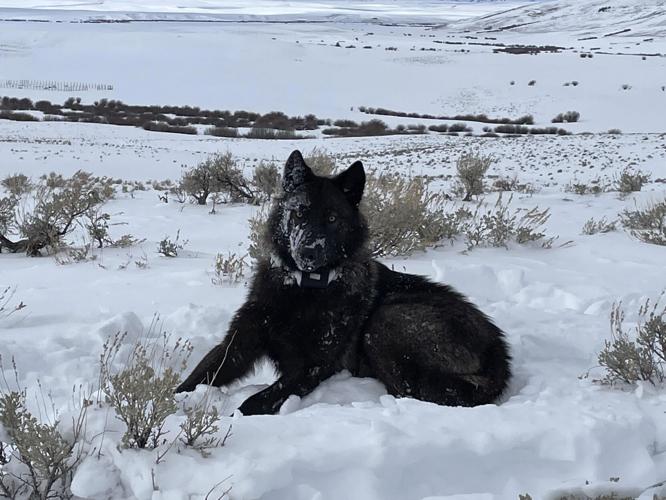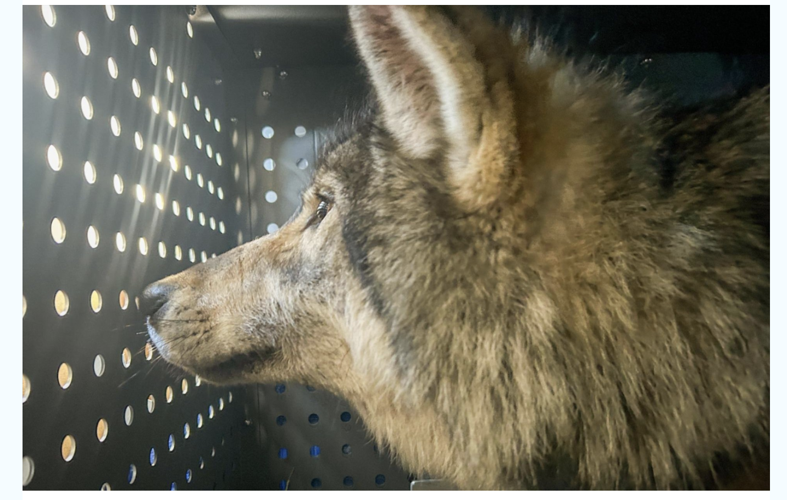U.S. Fish and Wildlife investigates gray wolf death in northern Colorado
A gray wolf was found dead in northwest Colorado over Memorial Day weekend, according to Colorado Parks and Wildlife officials.
The wolf is part of the British Columbia group released in Colorado last January. Of the 15 wolves relocated in the group, five have been found dead in less than six months.
According to CPW, the male wolf was identified as number 2507. Wildlife officials got a mortality alert from the wolf’s GPS collar on May 31. The wolf is the second death found in the northwest part of Colorado, which is located near the Wyoming state border.
Because gray wolves are a federally endangered species, the U.S. Fish and Wildlife Service is conducting an investigation into the official cause of death. No other details have been made public.
CPW said it is “likely” that an unknown number of pups have been born this year. The agency said it is developing plans for next year’s translocation so the state’s wolf population will continue to grow.
On the same weekend, several ranches in the Pitkin County area reported wolf depredations over Memorial Day weekend, leaving two calves dead and multiple others injured.
Following the attacks, CPW staff killed one of the wolves believed to be involved in the killings. The wolf was most likely a member of the Copper Creek pack, one of five surviving wolves relocated to Pitkin County in January.
CPW said it will continue to monitor the pack to determine whether the death changes the other wolves’ behavior.
CPW determined that the wolf’s depredation events aligned with its criteria for a case of chronic depredation, as described in the CPW Wolf-Livestock Conflict Minimization Guide.
“Chronic depredation” is defined as three or more depredation events caused by the same wolf, wolves or pack within a 30-day period, provided there is clear and convincing evidence for at least one of the depredation events.
More than 80 livestock have been killed or gone missing as a result of the wolf reintroduction program, according to Grand County rancher Doug Bruchez.






